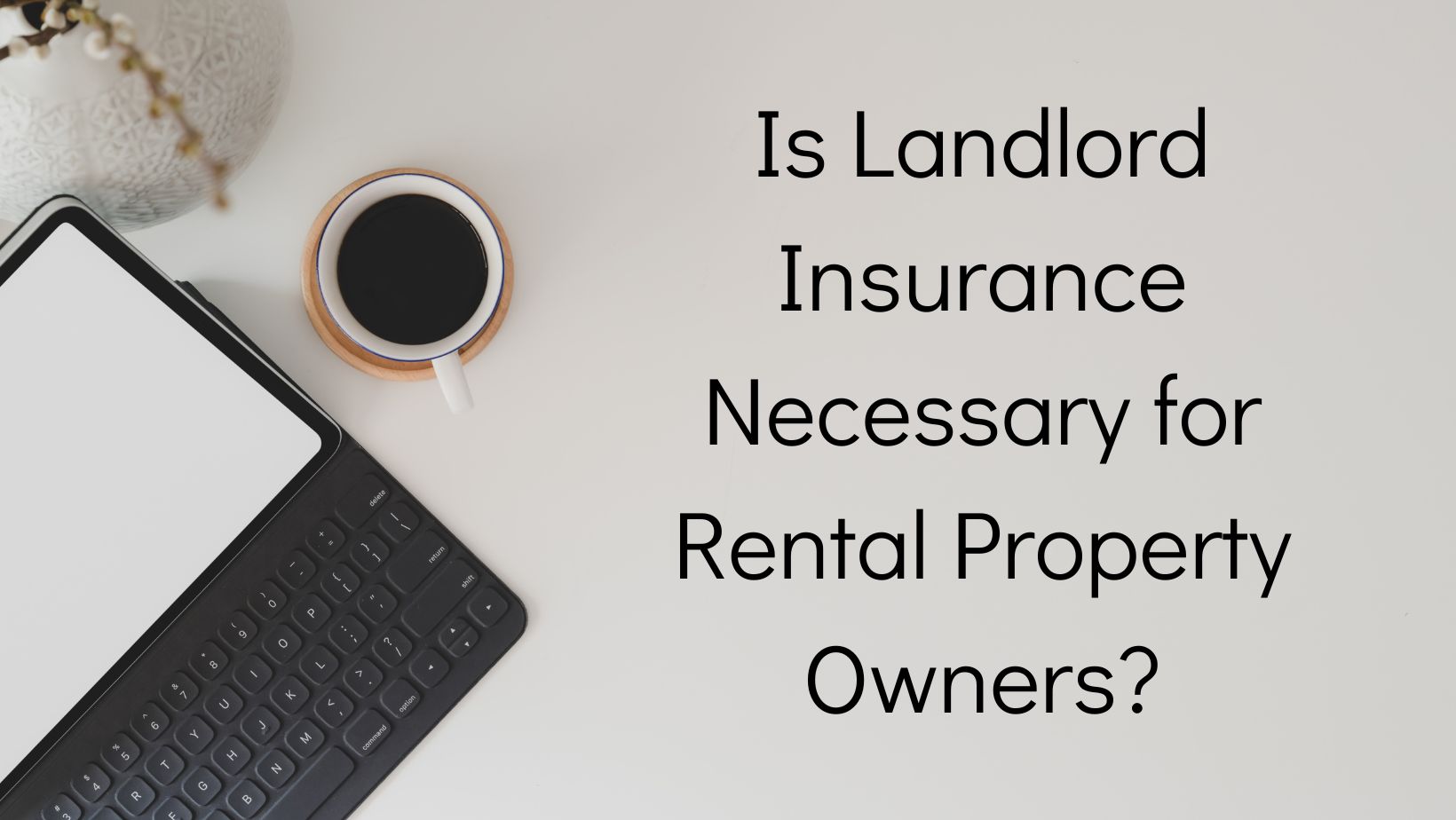Landlord Rental Insurance
One effective way to safeguard your investment is by obtaining Landlord Insurance for your rental property. This specialized insurance coverage is tailored for rental properties, offering comprehensive protection against various risks. It not only covers property damage and liability claims but also safeguards you from potential lost rental income due to unforeseen circumstances. Landlord Insurance is specifically designed to meet the unique needs of property owners, providing a safety net that ensures your financial interests are well-protected. By having this insurance in place, you can have peace of mind knowing that your property is secure, and you can focus on effectively managing your rental property without worrying about unexpected financial setbacks.
What is the Difference Between Landlord Insurance and Homeowners Insurance?
Homeowners insurance functions as a comprehensive policy safeguarding the property, personal belongings, and the occupants – typically the homeowner and their family members.
Landlord insurance serves the sole purpose of protecting the property being leased out. This insurance is for tenants, not property owners. It protects the property owner from any damages caused by the tenant, regardless of who caused them.
By grasping these nuances, individuals can make informed decisions about acquiring the appropriate insurance coverage for their needs.
What is Landlord Rental Insurance?
As a landlord, your objective is safeguarding your investment – your rental property. The primary purpose of an insurance policy is to protect this asset.
Landlord insurance for rental property is crafted to address any structural damages. Similar to various insurance types, it can be tailored to suit your specific requirements.
For instance, if you wish to protect your furniture or appliances, you can specify these details in your policy.
It’s important to note that your renters’ personal belongings are excluded from your insurance coverage. Renters are advised to secure their insurance for their possessions. Landlord insurance is tailored for property owners with one to four rental units. It includes different types of properties such as houses, apartments, and condos that are rented out to tenants.
Is Landlord Insurance Necessary for Rental Property Owners?
Definitely! Landlord insurance is essential for individuals who lease out their properties.
- This insurance protects your rental property from big financial losses due to damage.
- Landlord insurance protects against costs for property damage and legal liabilities for injuries to tenants or guests on your property.
- When obtaining a mortgage for a rental property, lenders typically mandate that the borrower holds landlord insurance. (This condition helps to reduce the financial risks linked to renting out your property. Without it, you would need to use your own funds to cover repair expenses.)
What does rental insurance cover for Landlords?
In short, renters insurance covers what you own. Most landlords’ insurance covers only the building and damages due to negligence. Coverage for some of the most common causes of property damage and loss, such as theft, vandalism, and fire, is entirely up to you. Without renters insurance, you may have to bear the financial burden of a loss on your own.
- Property Damage– This is the most common type of coverage included in landlord insurance. The specific type of event surrounding the damage to your property must be specified, whether due to a natural disaster or from irresponsible tenants. You can choose to obtain a policy that will provide you with the replacement cost of the items that were damaged.
- Loss of Rental Income- Landlord insurance can also offer financial protection in terms of losing income from your rental property. For example, your property has experienced a significant amount of damage due to natural events or uncontrollable circumstances (like pest infestation or a sinkhole). You can use this insurance policy to obtain temporary rental reimbursement equivalent to the rental money that you would’ve earned before the damage to your property.
- Liability– This is another form of financial protection for the landlord against legal or medical costs involved with your property. This type of coverage is used if your tenant or a visitor to your property sustains an injury resulting from issues with property maintenance such as architectural issues or faulty electrical wiring. The insurance policy will cover the cost of medical care for the patient or legal costs in case you are sued by the victim.
Additional coverage offered in a landlord policy might include:
- Flood Insurance
- Burglary If your property, like a lawnmower, is stolen, your insurance can compensate you. While a standard landlord insurance policy typically includes coverage for damage to your stored or used belongings, theft is usually not covered.
- Building Codes If you’re addressing repairs that require compliance with upgraded building codes, consider optional insurance coverage as a means to offset the expenses associated with superior repairs.
- Guaranteed Income This type of coverage is obtained by landlords for financial protection if your tenant fails to pay their monthly rent.
- Emergency Coverage the name implies this type of insurance covers any emergency or unexpected expenses such as plumbing or electrical repairs.
- Debris removal
- Fire department service
- Trees, shrubs, and plants
- Collapse of property
What Factors Affect the Cost of Landlord Insurance?
Understanding the elements that influence the cost of landlord insurance can help property owners make informed decisions. Factors such as the property’s location, its age and condition, the coverage options selected, and the landlord’s claims history all play a role in determining insurance costs. By examining these factors, landlords can better tailor their insurance policies to suit their specific needs and budget.
The Bottom Line
Having comprehensive landlord insurance coverage can safeguard you against property damage, liability issues, loss of rental income, and even legal expenses in case of disputes with tenants. Having the right insurance coverage in place can help you protect your valuable investment and maximize the financial benefits of being a responsible landlord.
Do you have questions about our property management company?
Our team at HomeWorks Property Management adeptly manages the day-to-day operations of your rental business. This includes various tasks such as initial inspections, property marketing, leasing, maintenance, rent collection, accounting, excellent customer service, and more. Leveraging our deep local knowledge, our property managers ensure landlords adhere to all rental regulations.
Our targeted marketing strategies and thorough tenant screening procedures help landlords secure qualified tenants and fill vacancies within an average of 30 days. If you’re facing compliance challenges or looking to enhance profits, contact us today for expert guidance.

